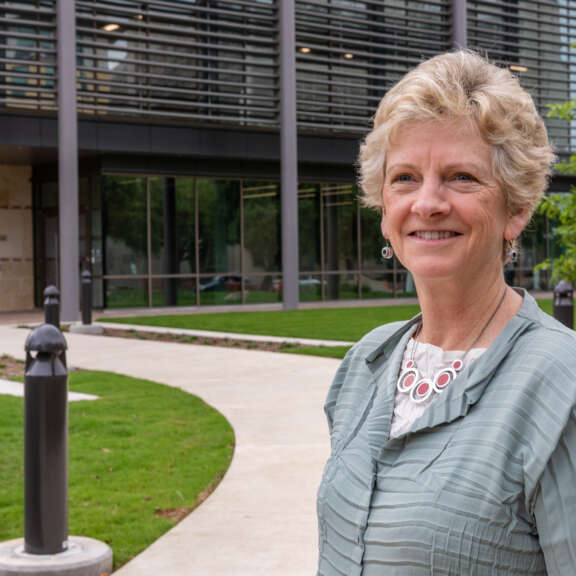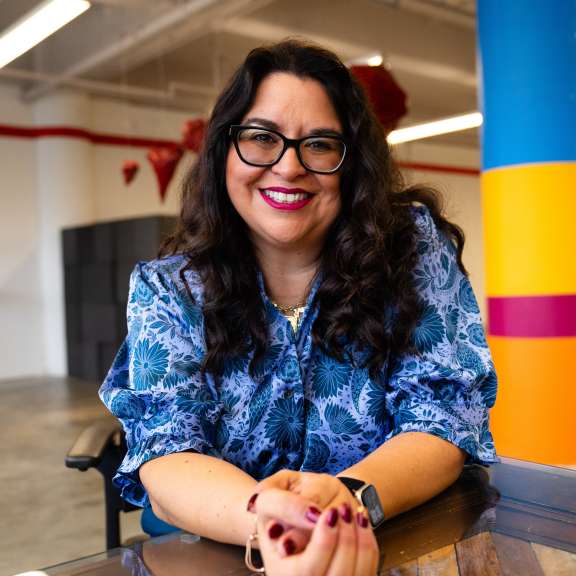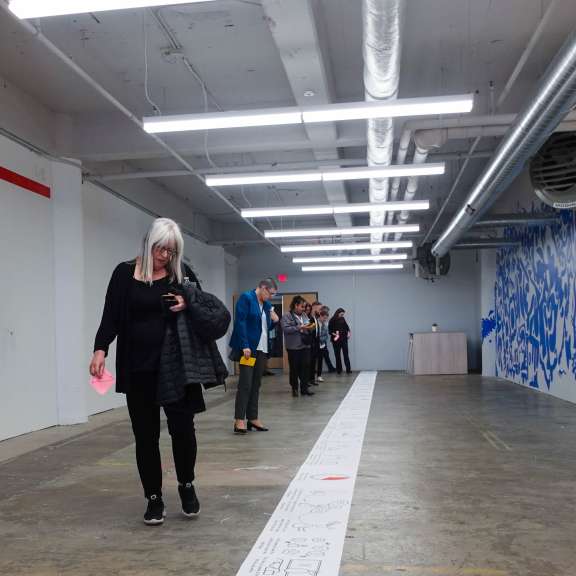"You Can't Learn By Sitting In Your Chair"
After 38 years in public service, Terry Beurer shares what he’s learned about frontline leadership, user voices, and humbling experiences
Terry Beurer works at the Michigan Department of Health and Human Services (MDHHS) as the Senior Deputy Director of Economic Stability Administration. Terry’s a leader, but he’s also a self-described advocate for the field, making sure folks who work on the frontlines have the resources and tools necessary to meet the needs of Michigan’s most vulnerable populations.
We sat down with Terry to learn how he got into public service, how he approaches his work as a leader and changemaker, and what he’s learned along the way.
For many of us, there are people in our lives who have a great impact on our career. Who would you say helped you get to where you are today?
That’s a hard one to answer. Almost every supervisor or leader I’ve come in contact with has had an impact – I’ve either learned the things to do or learned things not to do – and have taken that with me throughout my career.
Earlier on though, there were a lot of leaders in college at Siena Heights University who had a strong impact on me.
There was one Dominican nun I remember in particular – her name was Sister Carmelia O'Connor – she lived as an RA in my dorm and was kind of notorious around Siena Heights. She was always working to get students out in the community, and get them involved in service. She knew I had a car and most students on campus did not, so she approached me one day asking for help. From that Sunday on, I helped out by using my car to drive her and two other Dominicans to a nearby town to teach. You're 18 years old, you're in college – you don't get up early on a Sunday morning. But I did. I did that for two years, every Sunday during the school year. That was one of my early introductions into being able to help people.
Is that how you got into public service?
Yeah, that was the beginning. After helping Sister O’Connor, I started to explore more public service opportunities too.
One particular job that stands out in my memory was working at the Adrian Training School, a state facility for juvenile delinquents. It was the greatest job in the world. I got paid to go in and lead recreation activities for incarcerated youth and I fell in love with the work. I loved being able to help people – watching these kids grow and sometimes watching them leave and fail. I saw it all.
I see this as a real turning point in my career – it gave me real-life experience and access to mentors who had a lasting impact. After that experience, I remember going to see an academic advisor and doubling up on human service-related classes so I could graduate with a double major.
As a leader, how do you think your approach is different from others out there?
I’ve had personal experience on the frontlines throughout my career – working in the field for substance abuse programs and as a child protective services worker. This experience taught me to listen more closely to what’s happening on the ground floor.
Sometimes our best ideas come from folks working in the field. They're closer to the problem every day and can see things unfold that us leaders might miss. I’d say that by empowering staff to use their voice, listening to what they say, and then taking what they say and putting it into action – we’ve gone 100,000 miles.
Staying connected to the field also keeps me motivated. I can see first-hand how engaged and passionate people are about the work.
After 38 years in public serving, what do you know now that you wish you knew before?
Allow yourself to be humbled. When you get into a position of authority, you often think that your opinion is the absolute when it's really not. And if you continue to think that way, you’re eventually going to crash and burn. I've had many crash and burn experiences in my career – hopefully I've learned from them.
How does human-centered design impact the work you do?
We’re always working to bring users' voices front and center and I’m constantly humbled by it.
Back in 2016, we started work to redesign the Michigan application for public benefits. At the time, the application was something like 40 pages long. We knew it was long, but we had no idea just how much residents were struggling with it.
Civilla’s team brought this challenge to our attention with an immersive experience that really put us in the shoes of our residents. For the first time in my career, I saw that application from the eyes of our users. We heard how much they were struggling with real stories and anecdotes and saw it first hand – Civilla asked us to try filling out the application as well.
It was eye-opening. Up until that point, I’d always believed the way we were doing things was the best way. I thought it was the best way because we’d developed it. Well… how much more wrong could I have been?
What gives you the courage to push forward when something stands in your way?
What keeps me going is knowing that what we’re working on is the right thing to do for the people of Michigan.
I always say – ’If it’s the right thing for residents, we’re going to make it happen come hell or high water.’ We’re going to finish what we set out to do and implement it, no matter what barriers are thrown in our direction. There will always be naysayers, I think that just fuels my energy to make sure we accomplish what we set out to do.
I’ve learned that anything and everything we do going forward needs to have all who are impacted have a voice. We can’t let one certain area or one certain individual or administrator call all the shots. It’s about the people.
I’ve been around a long time, so I do recognize and understand the pecking order. But there has to be someone who will advocate for those who will ultimately be most impacted by what we do.
If you could leave readers and leaders with one piece of advice, what would it be?
Get out of your chair. Get out and about. Talk to people. Listen to people. And then start pushing. You can’t learn by sitting in your chair.


